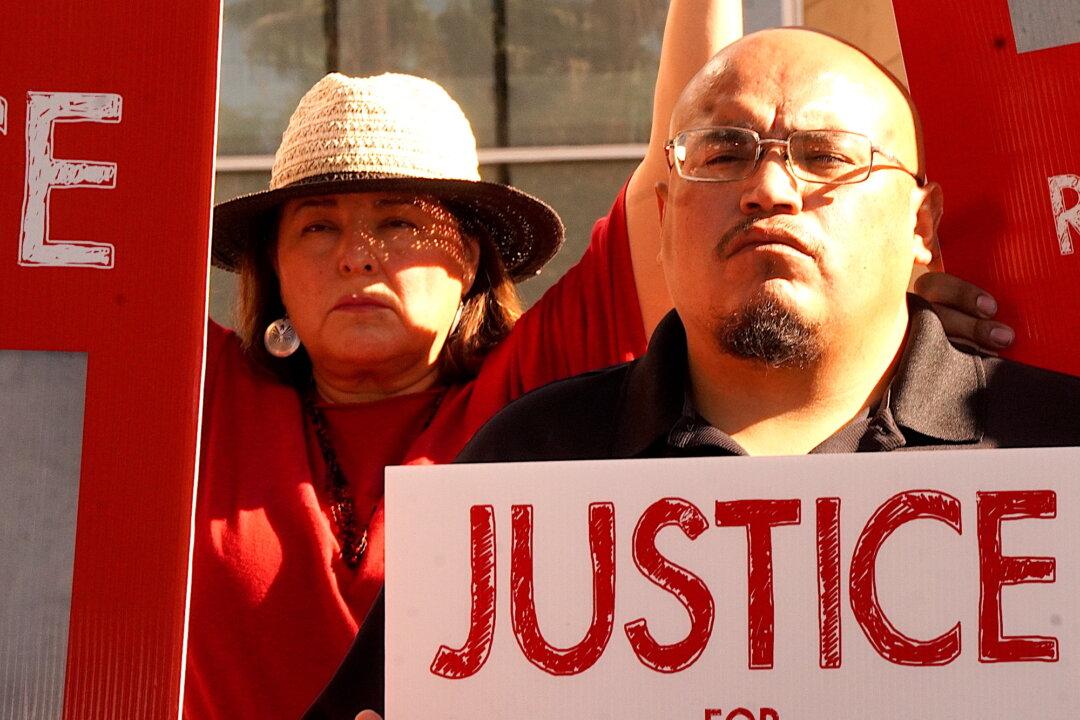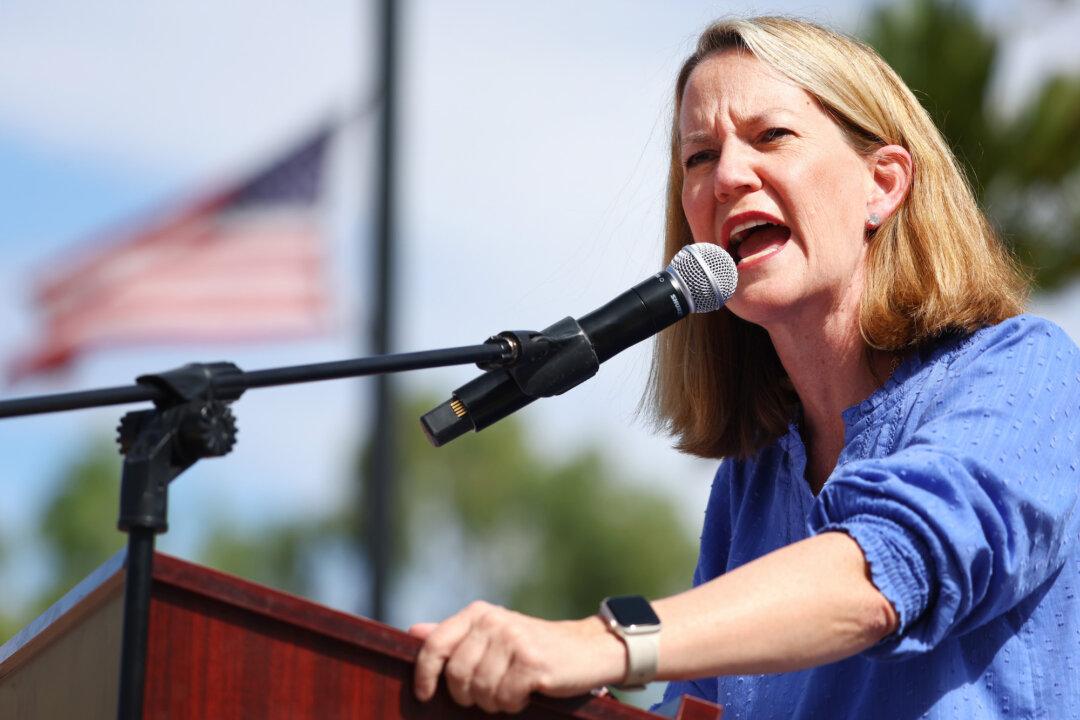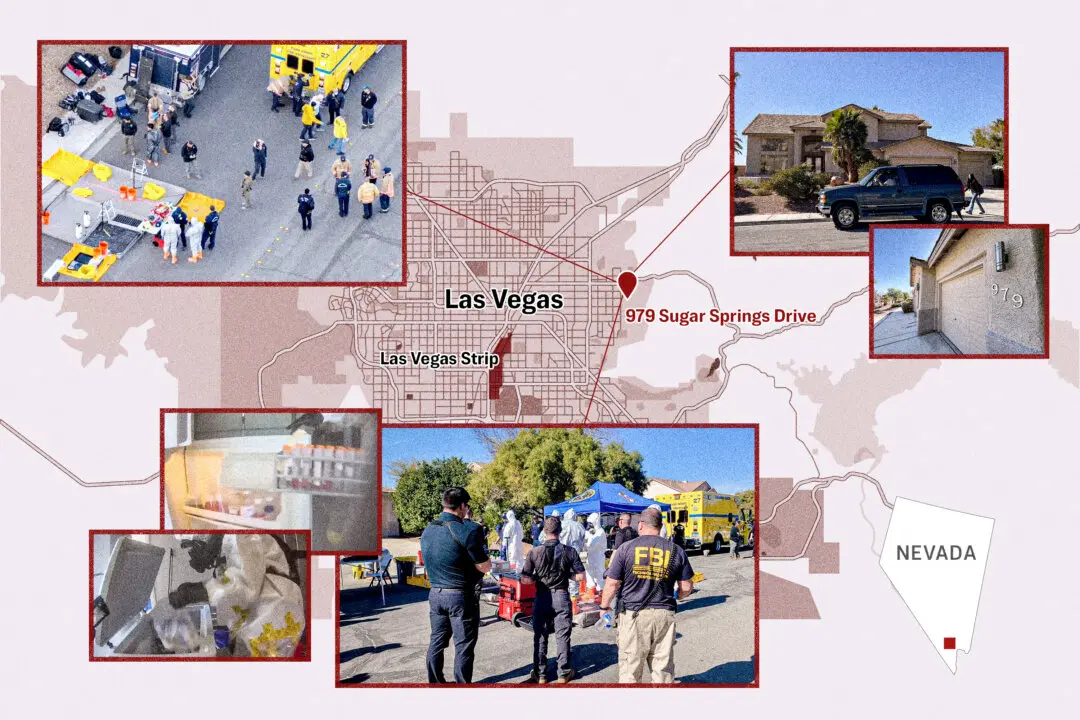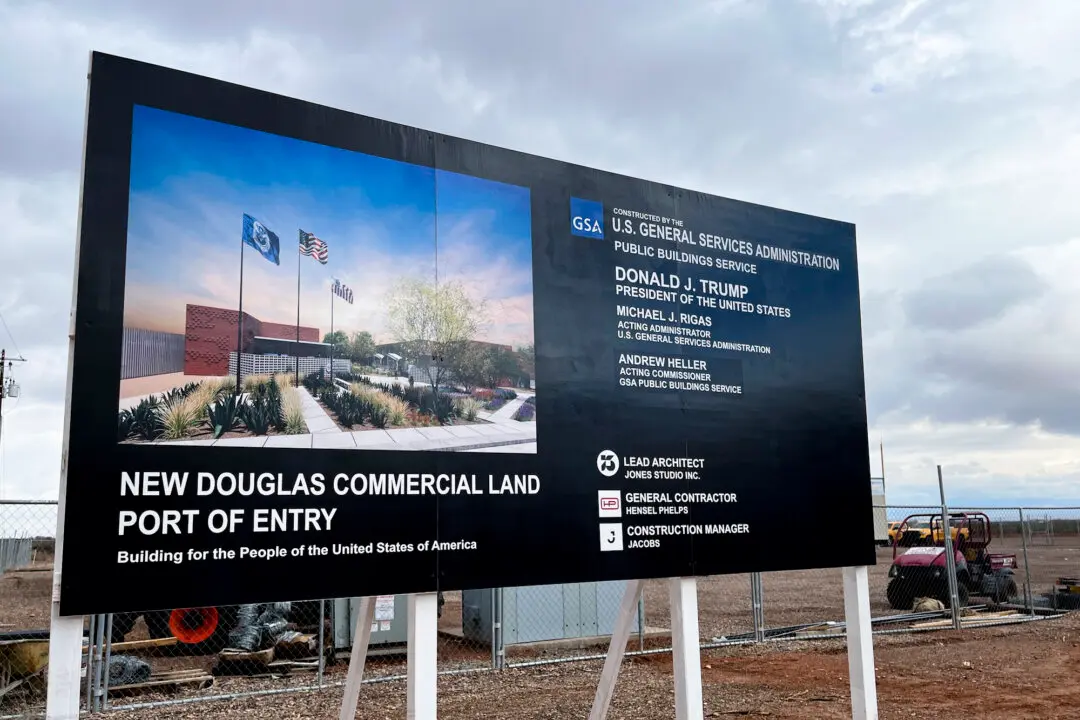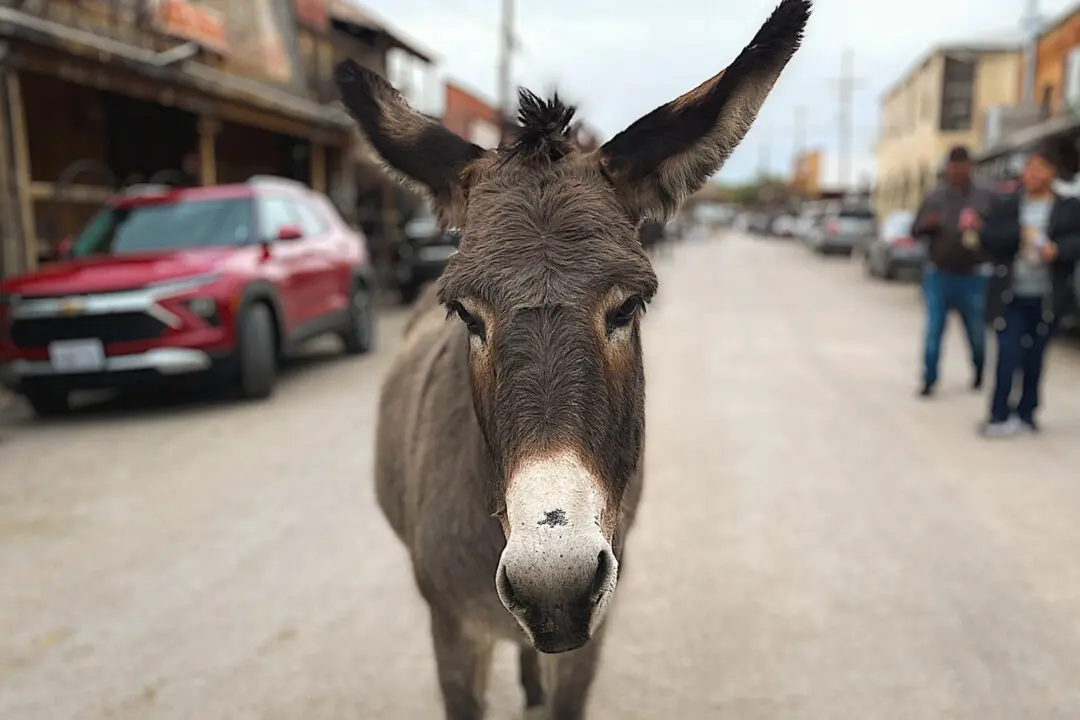TUCSON, Ariz.—Relatives of an Arizona man who was shot and killed by federal agents on sovereign tribal land in May plan to sue U.S. Customs and Border Protection (CBP) over his “wrongful death.”
On Nov. 17, attorneys representing Ray Mattia’s next of kin gathered outside the federal courthouse in Tucson, where they announced formal notice of the pending lawsuit under the U.S. Tort Claims Act.
